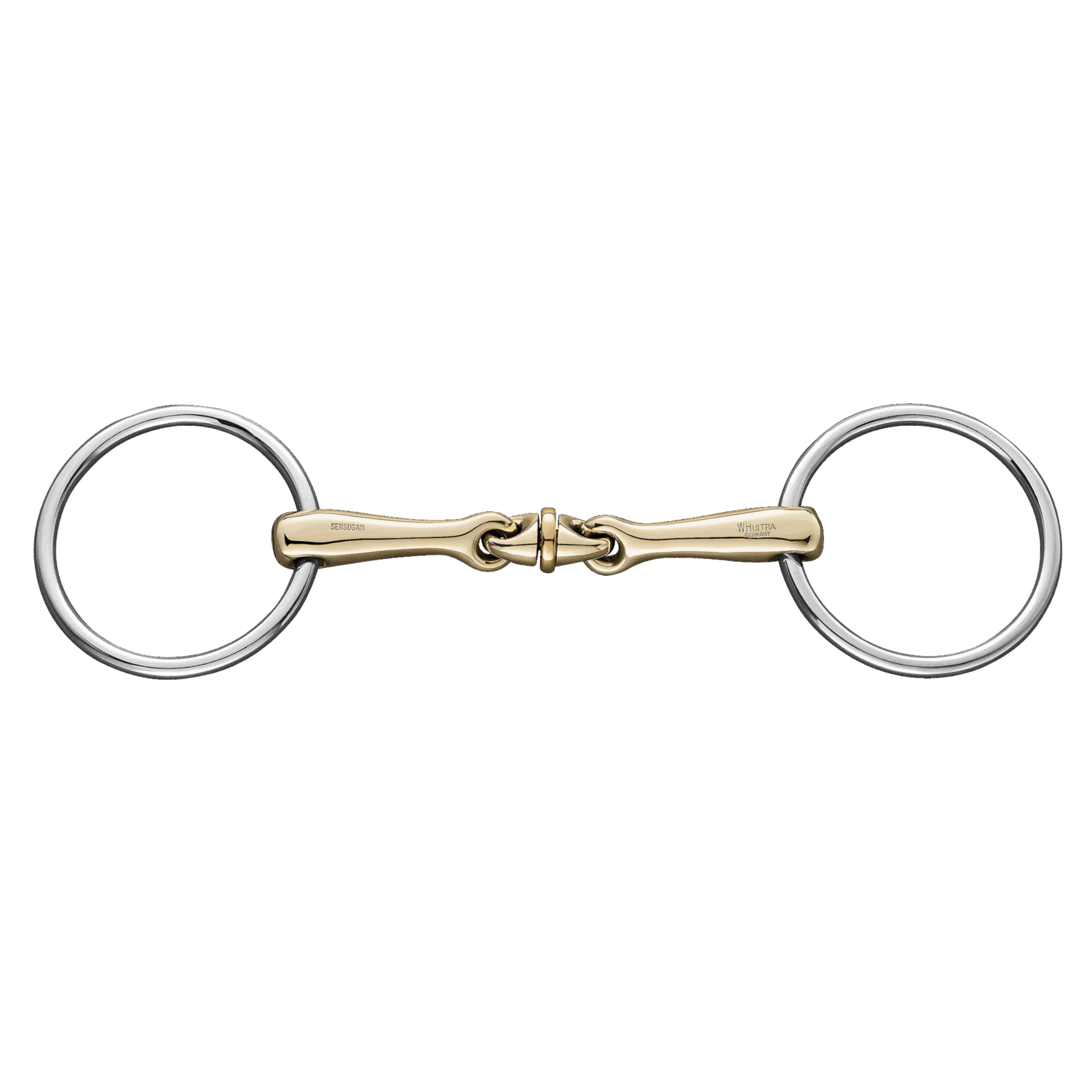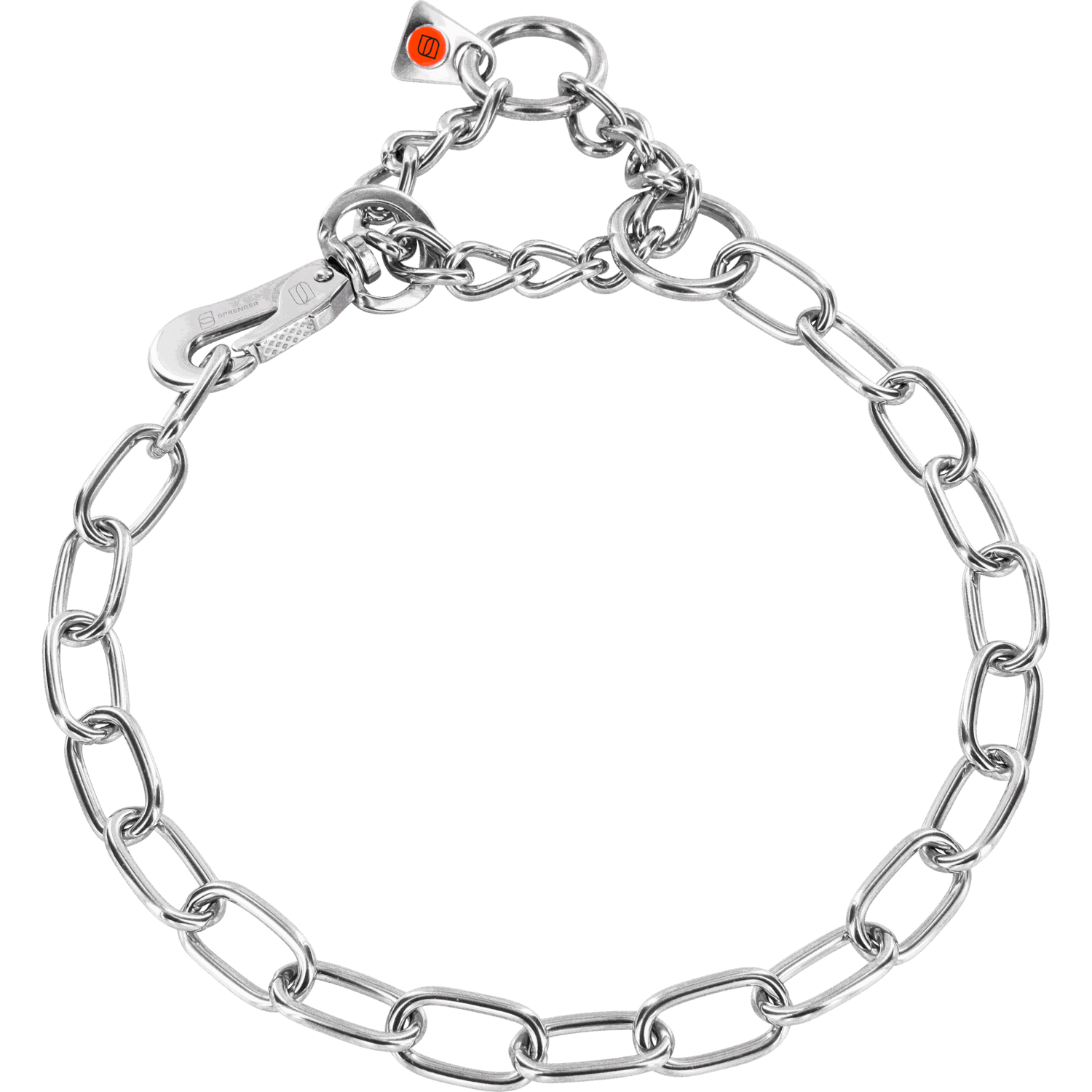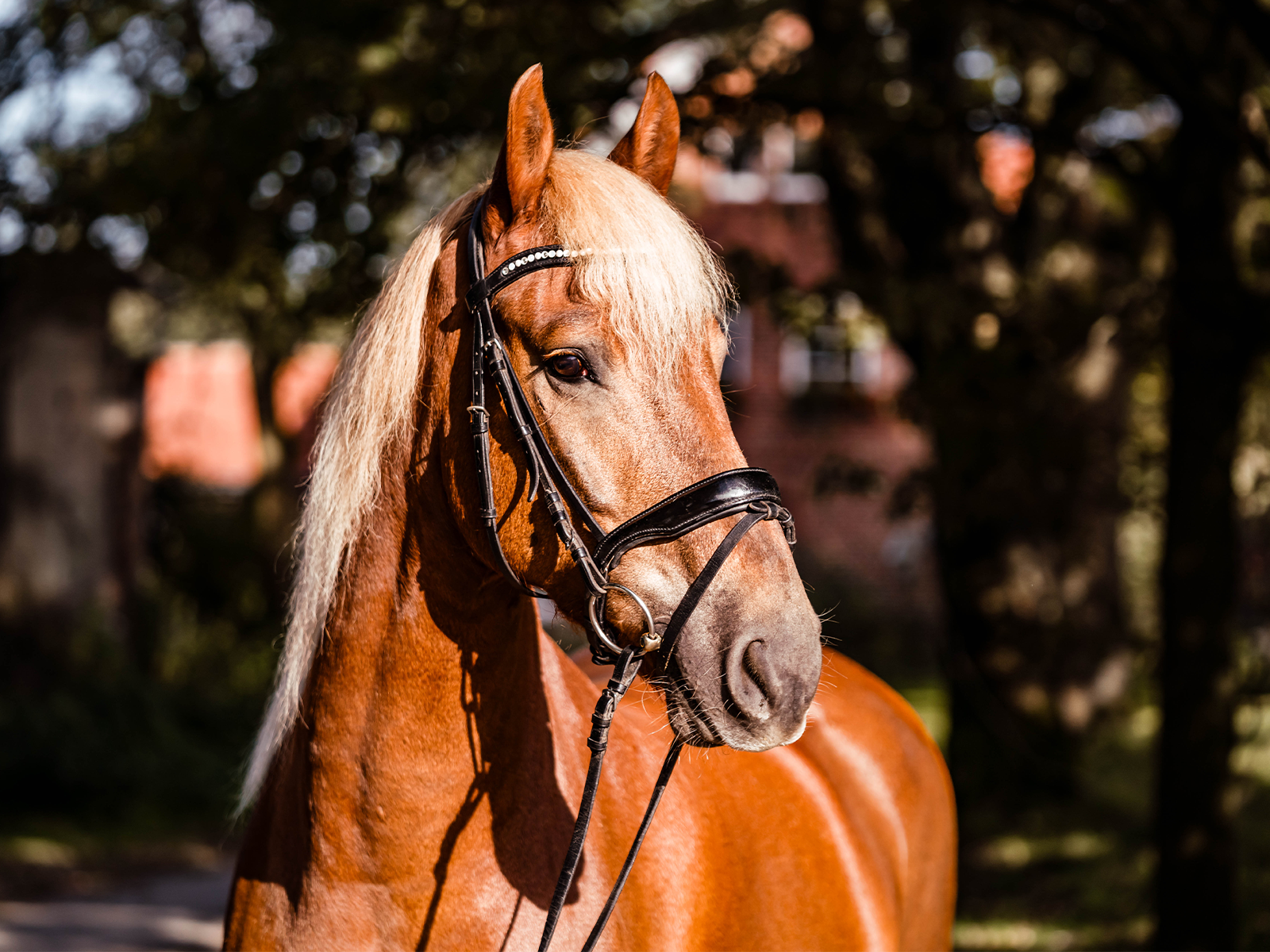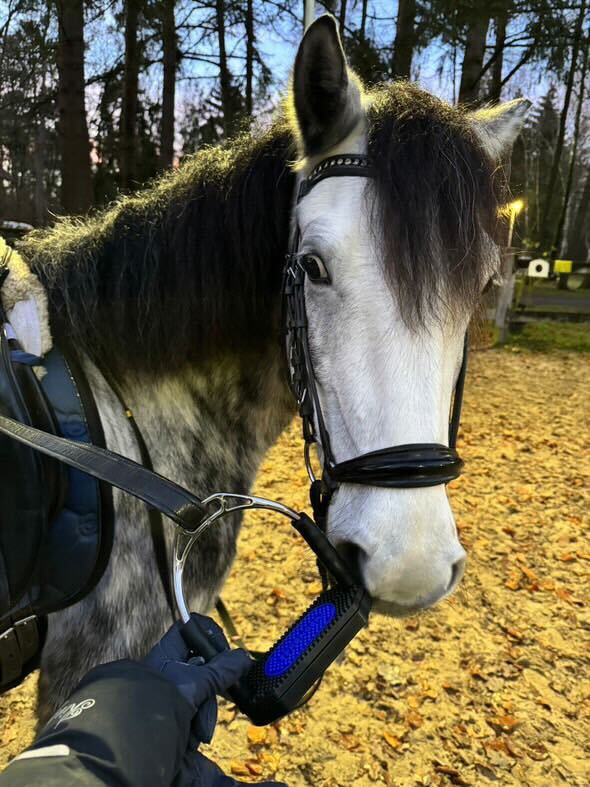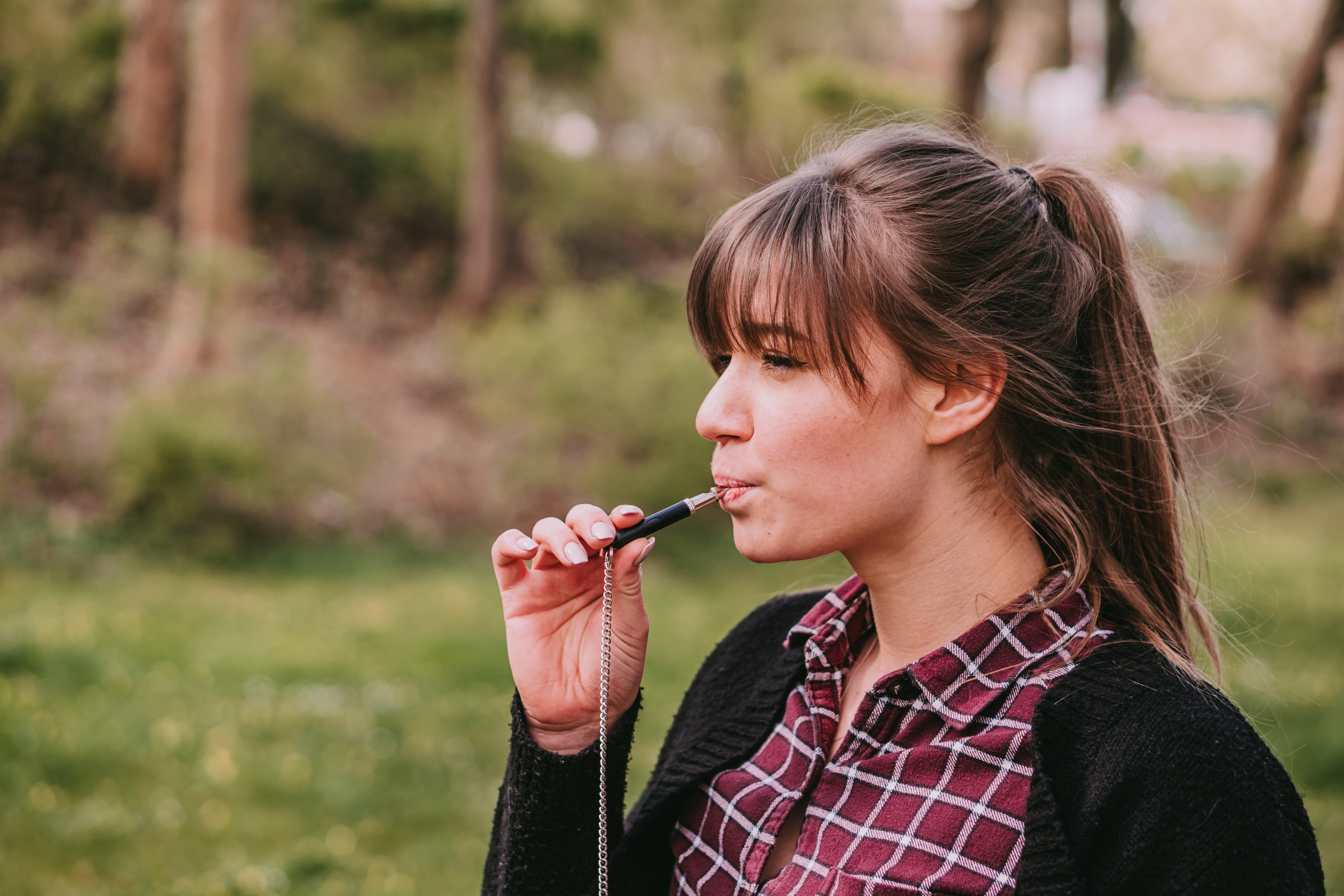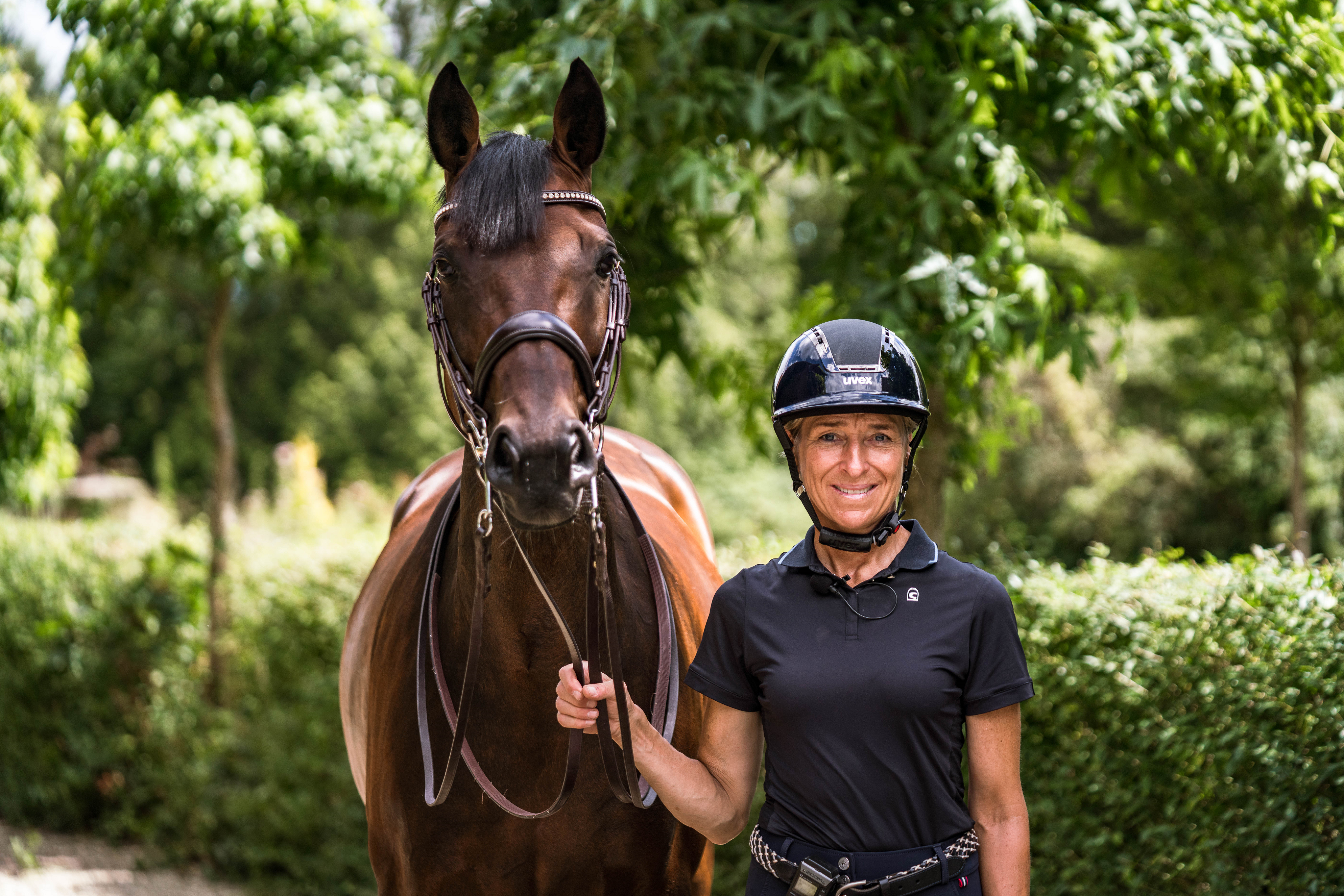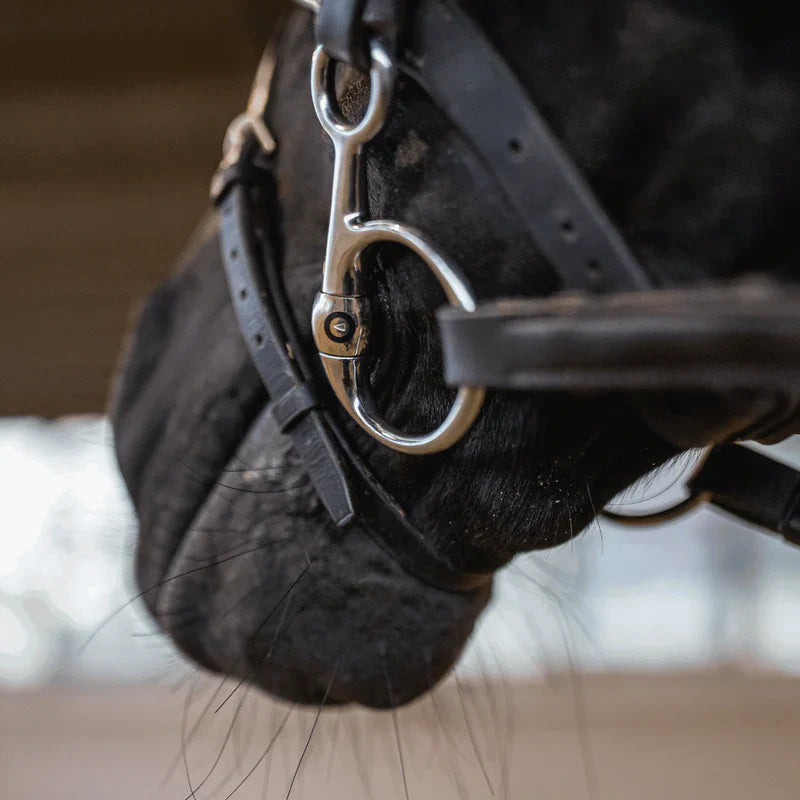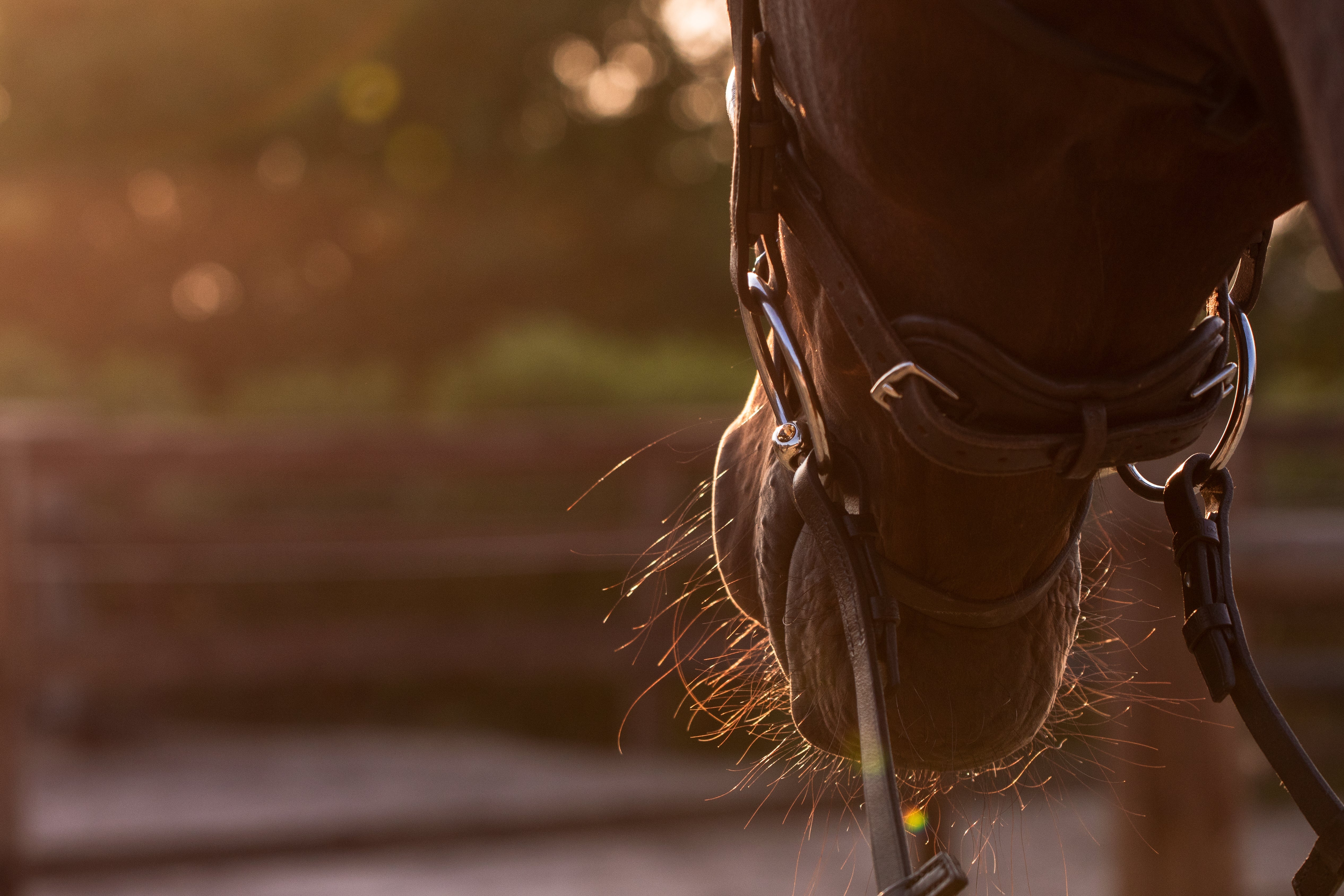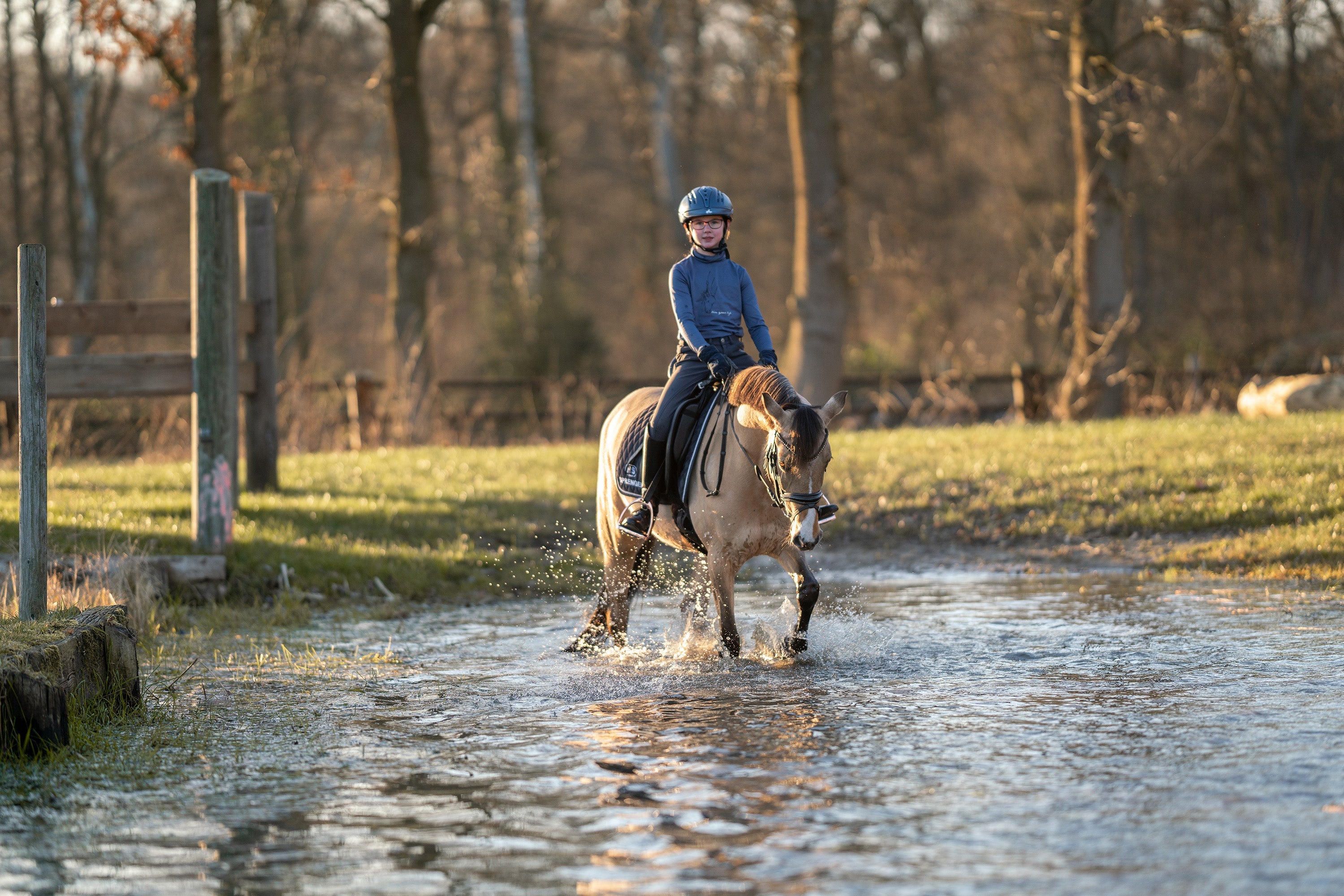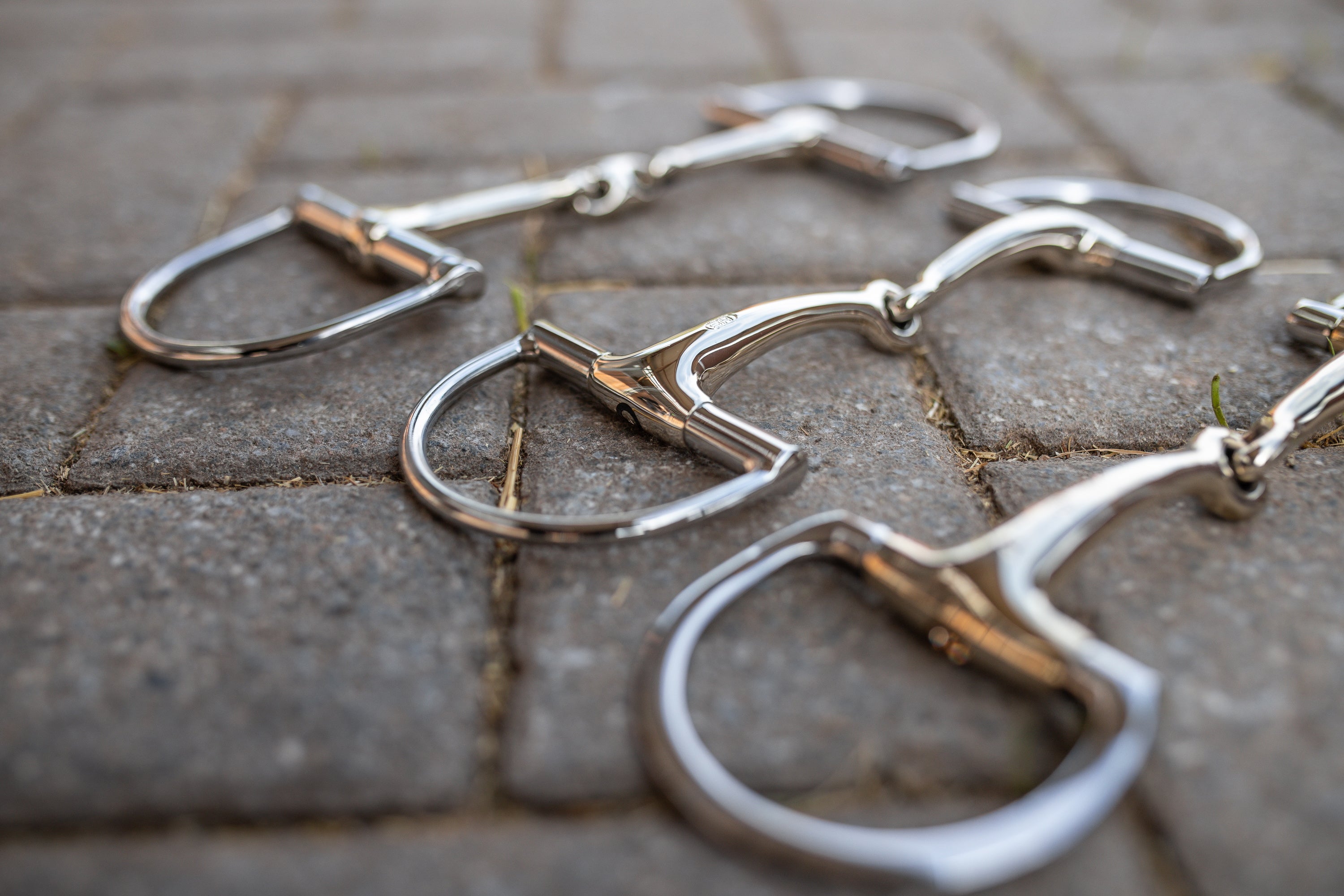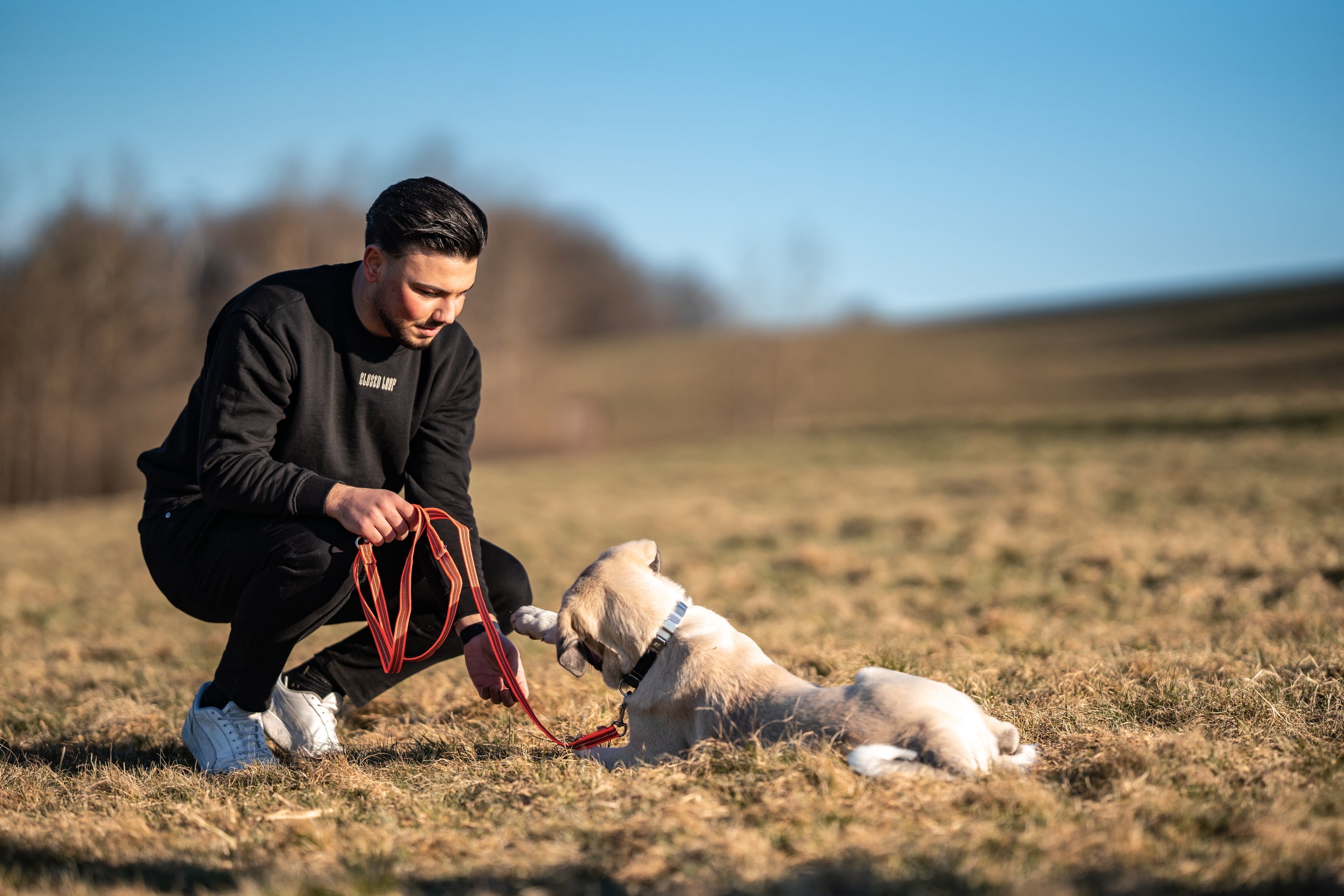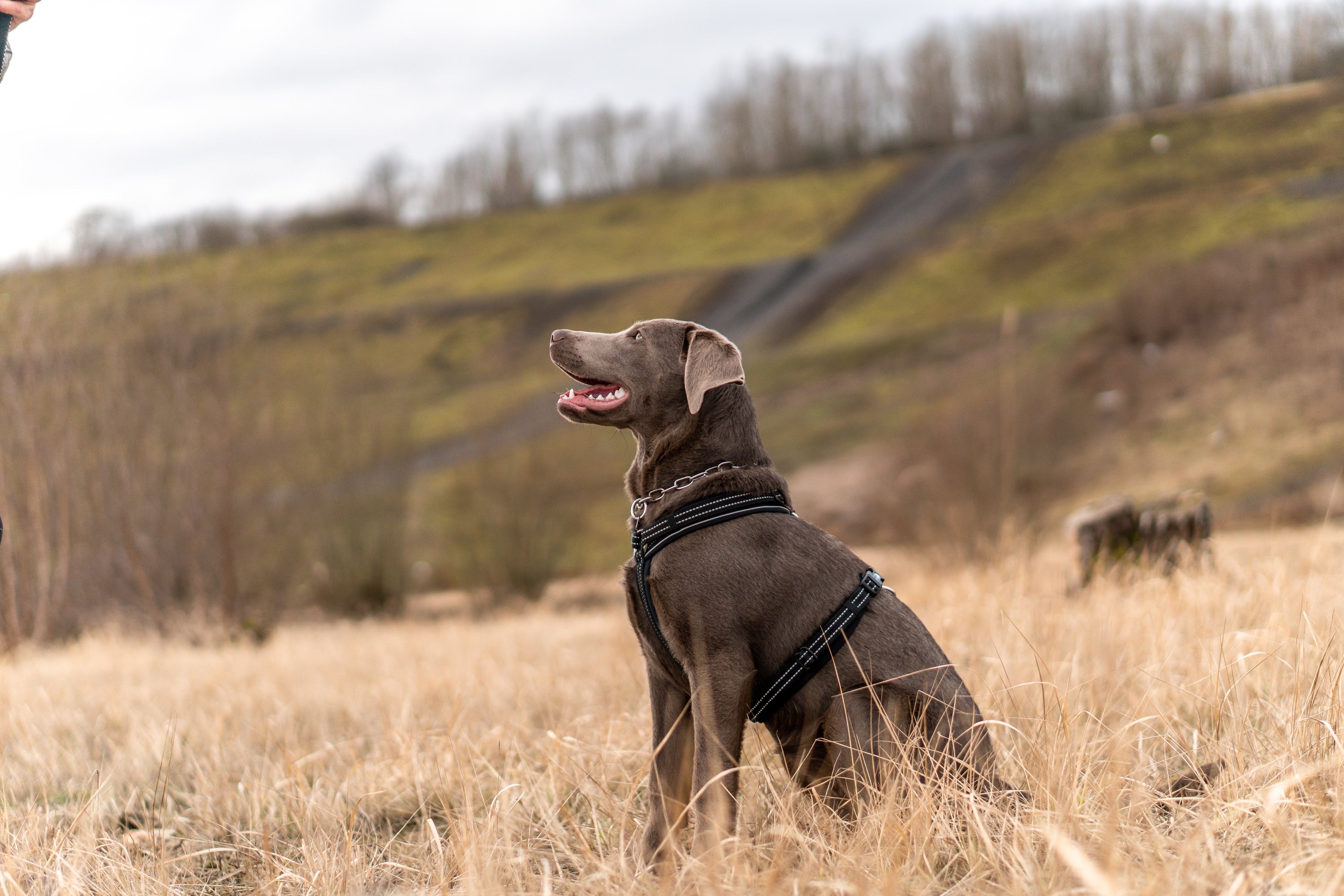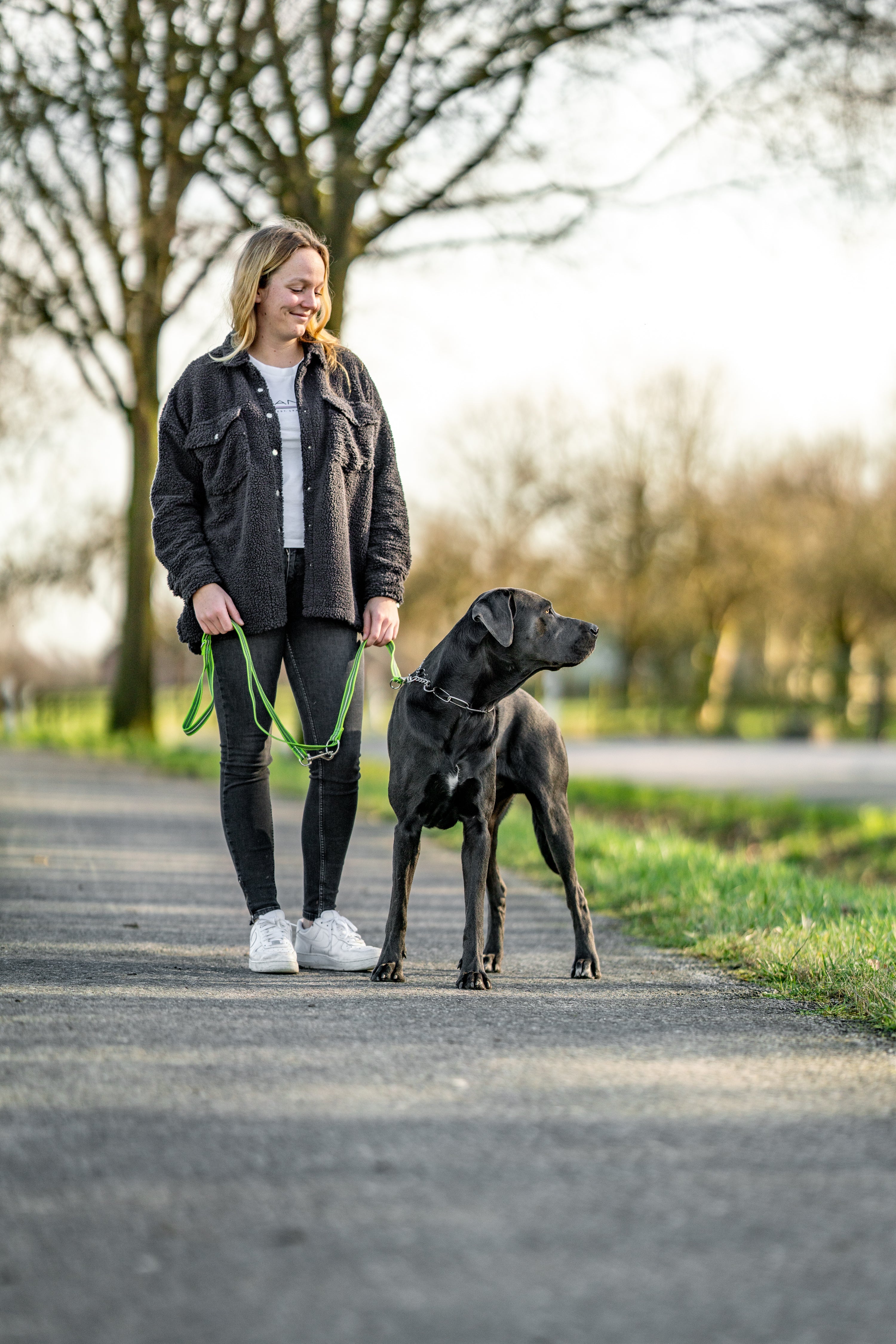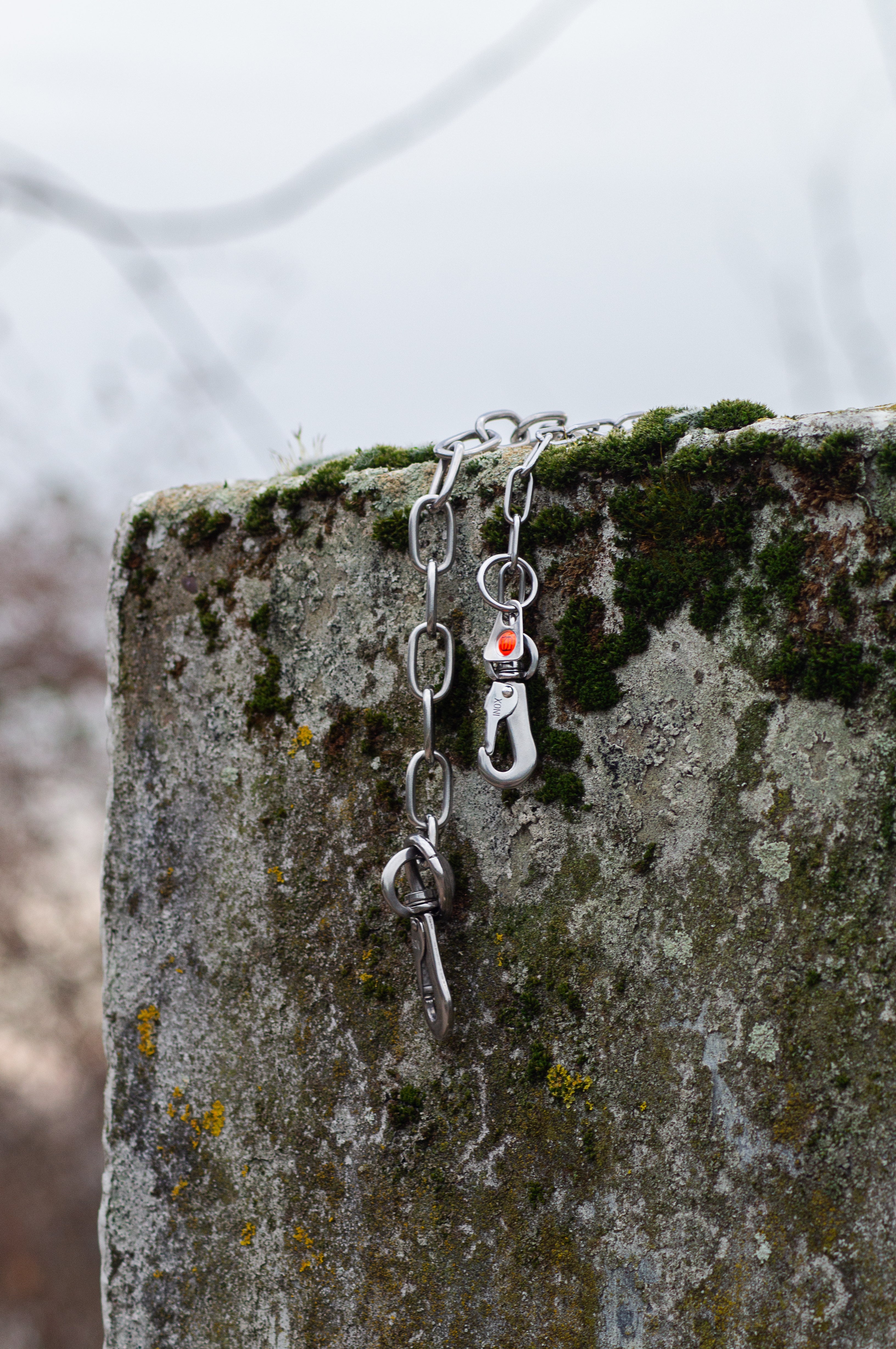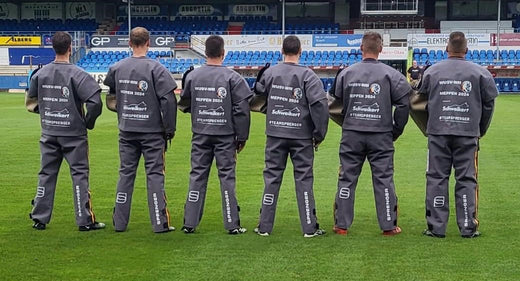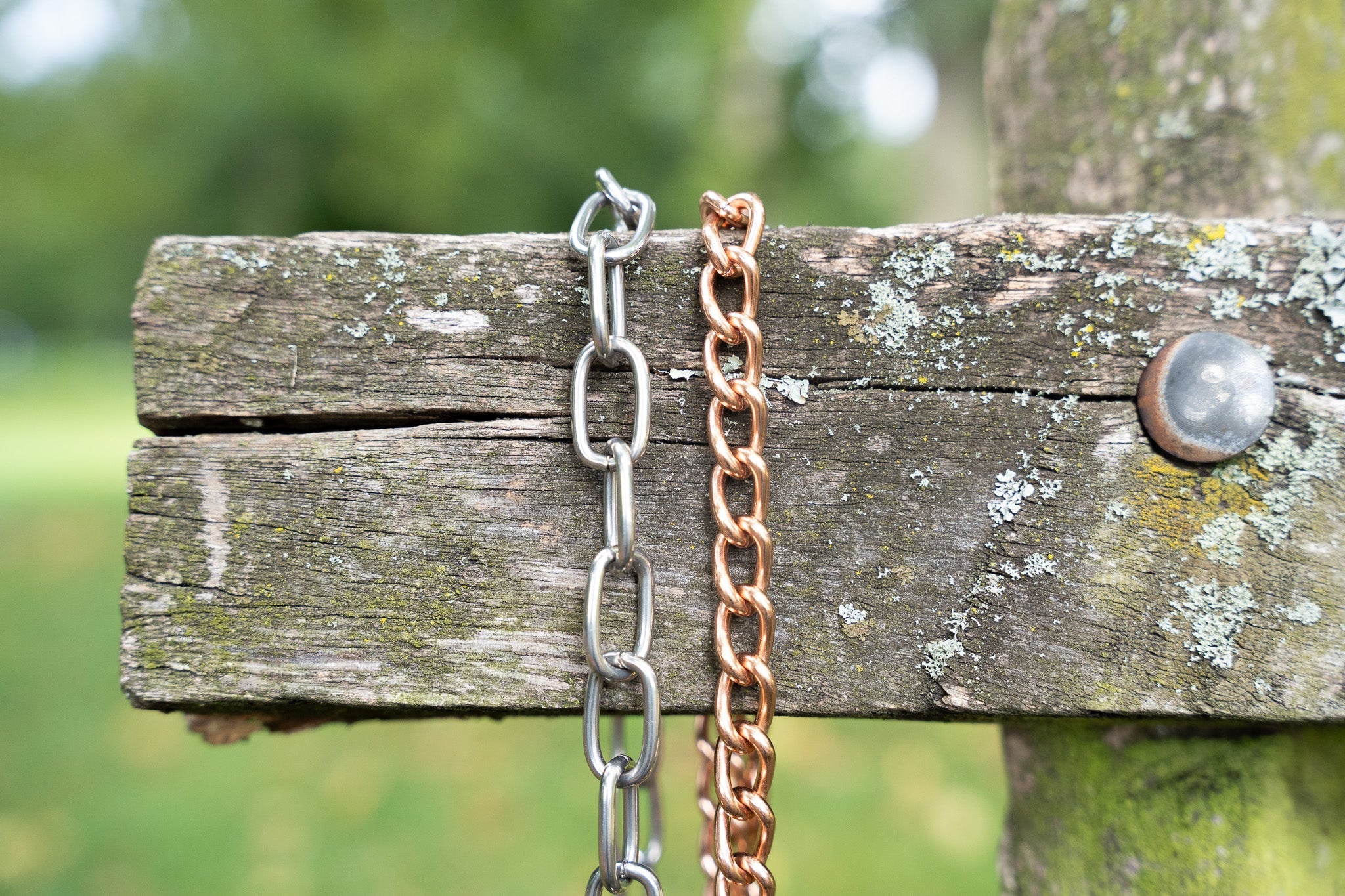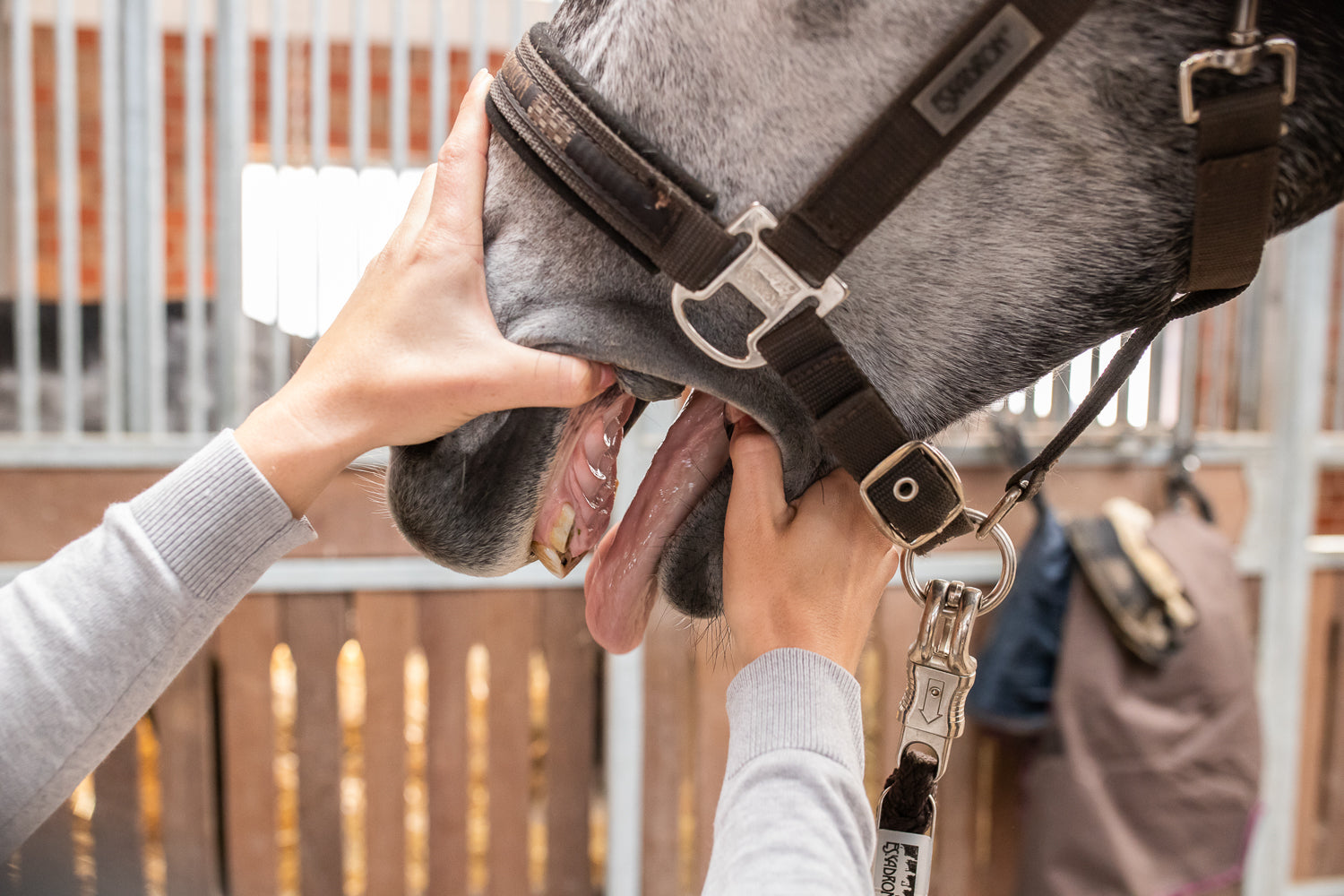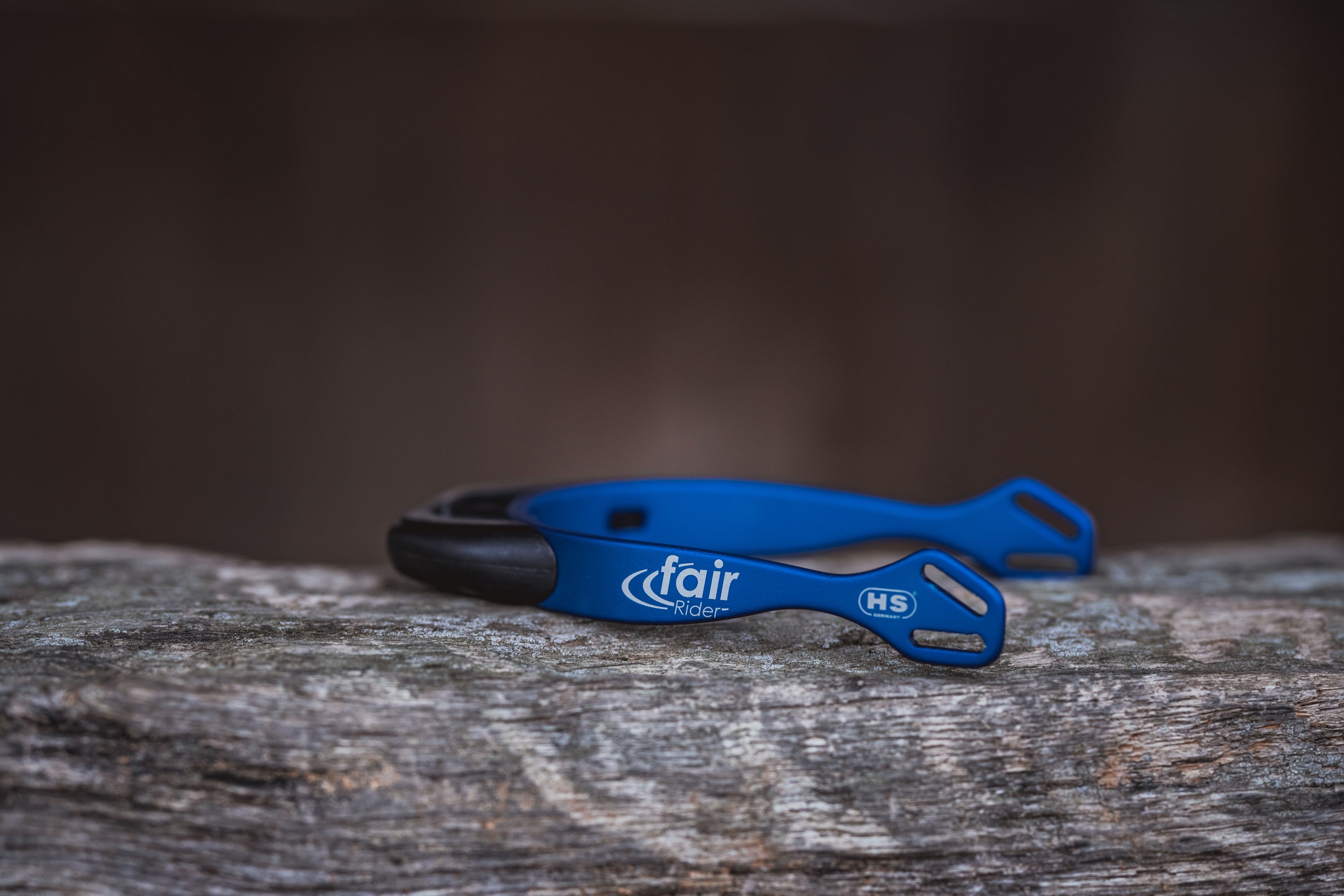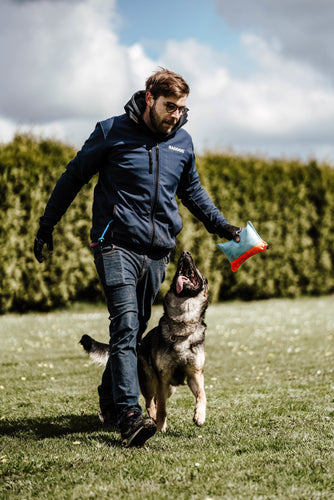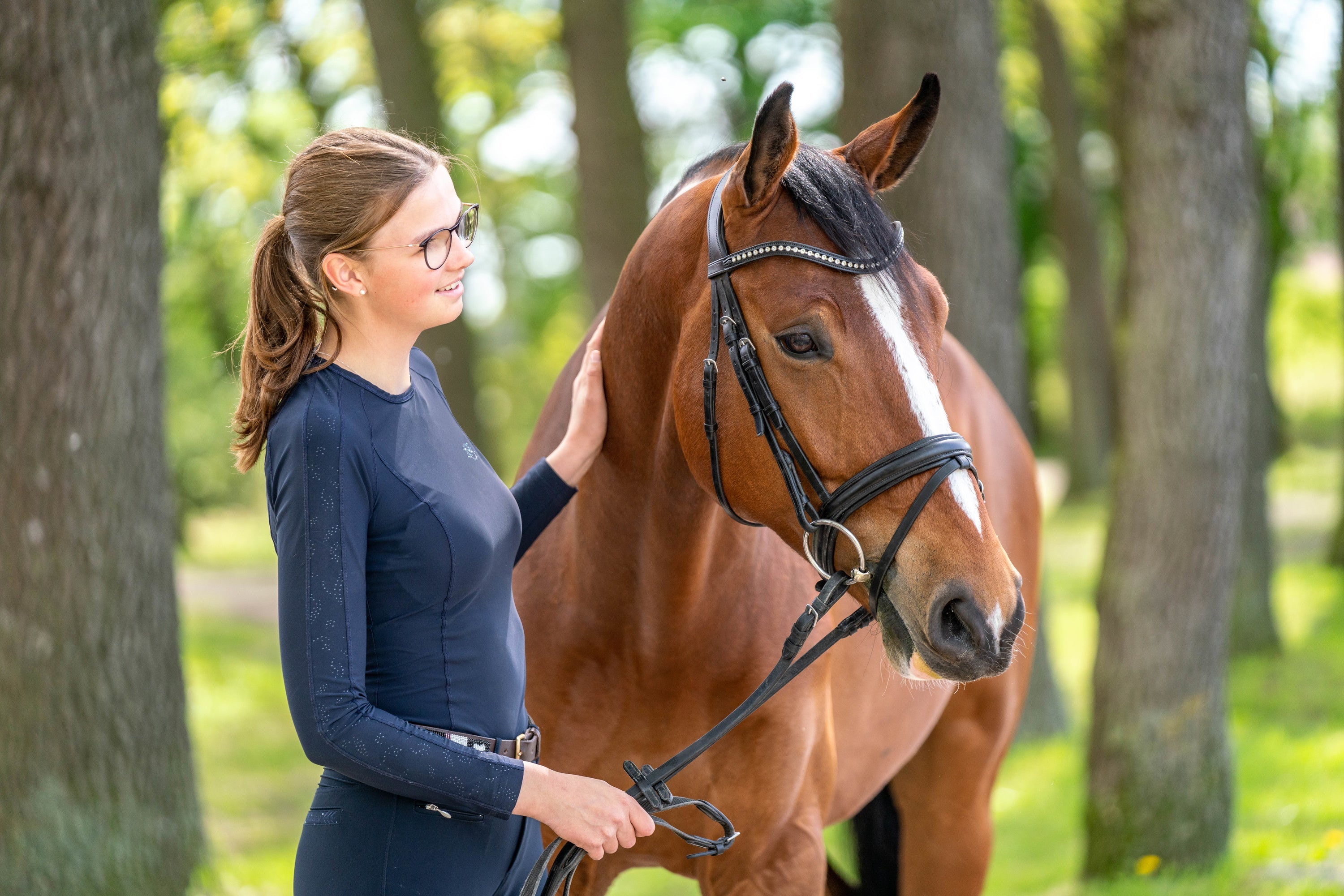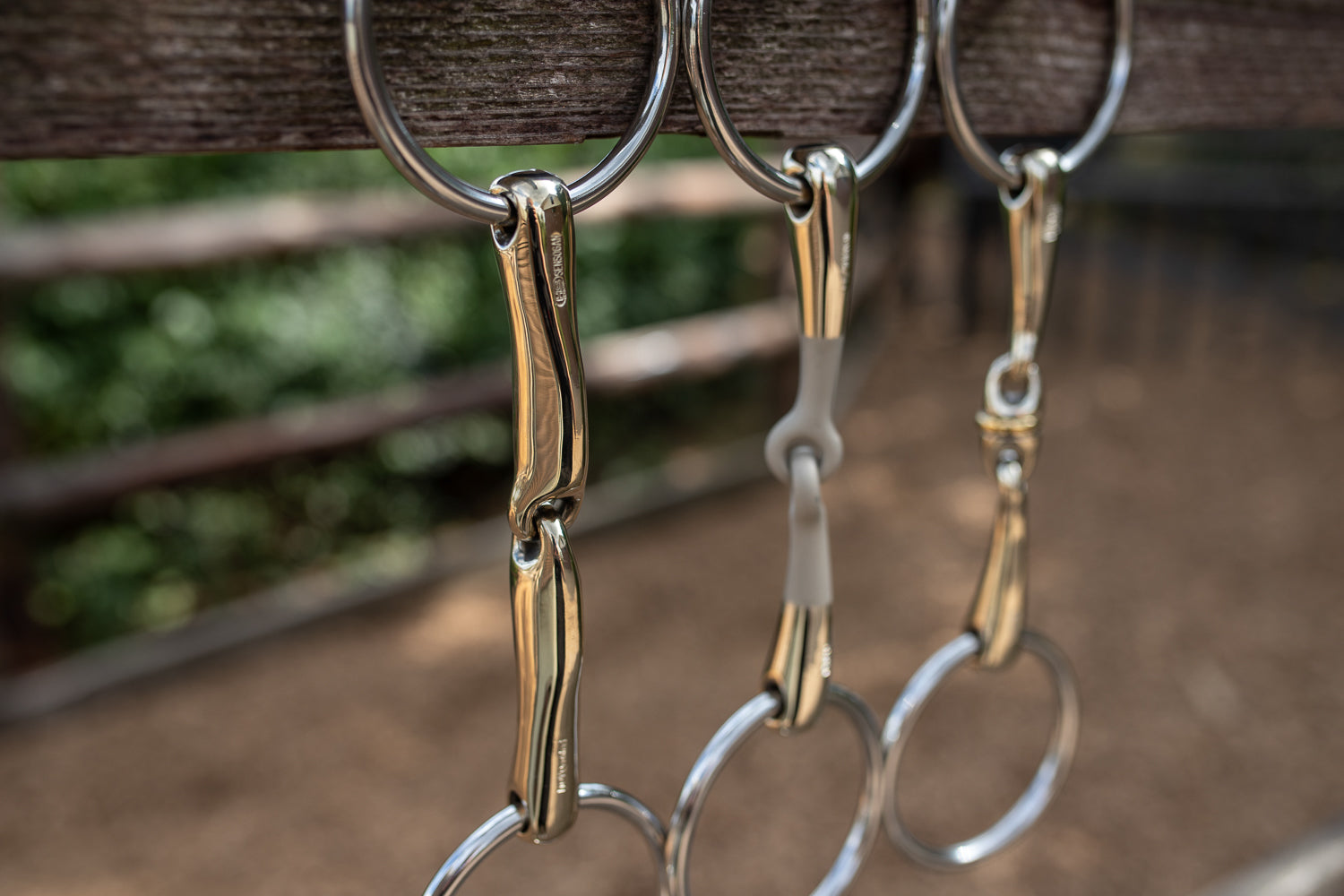Equestrian sports have once again sparked heated debates in the past year, calling for a renewed focus on the value of horses and emphasizing the importance of animal welfare. At the heart of these discussions is the idea that horses are not just sporting tools but valuable partners who deserve our utmost respect and care.
Equestrianism is much more than a physical activity – it offers a wide range of benefits for the body, mind, and soul. The deep bond between human and horse promotes not only physical fitness but also personal development and mental well-being. In this blog post, we take a closer look at the positive aspects of equestrian sports, from physical health to emotional resilience and social competence.
1. Equestrian Sports for Physical Fitness and Health
Horseback riding is an excellent way to improve overall fitness. It requires coordination, endurance, and strength, as riders must constantly maintain balance and harmonize with the horse's movement. The core, legs, and upper body are particularly engaged, making riding a full-body workout that enhances mobility, coordination, and balance.
Physical fitness doesn’t always require riding – groundwork and even jogging alongside the horse are becoming increasingly popular and are an effective training.
Regular training also serves as functional fitness, positively impacting overall well-being. The concentration and fine motor skills needed in disciplines like dressage or show jumping improve body awareness and posture, with benefits that carry into everyday life.
Moreover, horseback riding is also used as a therapeutic tool. Therapeutic riding has proven beneficial for people with physical disabilities. Studies show that regular riding enhances mobility and balance in individuals with neurological or motor disorders. It functions like targeted physiotherapy tailored to the rider’s specific needs and can support rehabilitation, especially for people with musculoskeletal or neurological issues.
2. Mental Well-being: The Healing Power of Horses
Equestrian sports also have a profound impact on mental health. Being around horses is calming and can reduce stress, making it valuable not only for riders but also for those dealing with psychological challenges. Horse-assisted therapy is often used for individuals with PTSD (Post-Traumatic Stress Disorder). A study by the University of Zurich found that interacting with horses lowers stress hormone levels and boosts serotonin, the so-called happiness hormone.
Horses are highly empathetic animals, sensitive to human moods and emotions. This ability allows them to respond to emotional states and act as a form of emotional support. People suffering from anxiety, depression, or trauma can greatly benefit from this unique connection. Trusting the horse and experiencing its calm presence can lead to long-lasting improvements in emotional well-being.
Horse-assisted therapy has shown remarkable results in helping individuals explore their emotions. Horses mirror our feelings, helping people become more aware of their internal states. This makes equine therapy a powerful tool not just physically, but emotionally, in breaking through emotional blocks and fostering personal growth.
3. Development of Social Skills – Especially in Young People
Equestrian sports also nurture social skills. Riders are rarely alone at the stable, and friendships easily form across all age groups. Even young riders learn teamwork, discipline, and mutual respect – not only toward people but also toward horses. Riding communities often develop strong bonds, expanding social networks and encouraging responsibility and empathy.
For children and teens, this is particularly valuable. They learn to care for an animal, focus on their tasks, and tackle challenges. These experiences build self-confidence and character, while also promoting goal-setting and resilience. Learning to deal with success and setbacks fosters a growth mindset.
In a digital age where many young people develop social skills primarily online, equestrianism provides real-life interaction. Time at the stable strengthens communication skills and a sense of responsibility through direct, emotional connections.
4. Self-Confidence and Personal Development
Horseback riding builds self-confidence. The ability to guide and ride a horse gives a sense of control and empowerment, especially for those struggling with self-esteem. Overcoming obstacles and improving skills boost self-worth and drive personal growth. It’s a continuous learning process that includes both triumphs and setbacks, teaching perseverance.
Equestrianism also fosters self-reflection. Riders must be aware of their body language and posture to communicate effectively with the horse. This sharpens self-awareness and helps individuals understand themselves better. Learning from mistakes and embracing challenges as growth opportunities are invaluable life lessons learned through riding.
For many, the horse becomes a true teacher. Understanding and working with a horse requires patience and empathy. Riding is as much emotional as it is physical, encouraging a deeper connection to oneself and ongoing personal development.
5. The Horse as an Emotional Anchor
The human-horse bond is unique and deeply emotional. Horses can sense a rider’s emotions, creating a strong connection that offers comfort and trust. For people experiencing isolation or loneliness, equestrianism can be a vital source of emotional support.
Spending time with a horse provides a safe space to express emotions without judgment. The relationship offers stability and grounding. The journey of understanding and communicating with a horse fosters emotional growth, patience, and empathy. For many facing emotional challenges, the horse becomes an anchor that provides strength in difficult times.
6. Boosting Joy and Happiness
According to a study by the University of Hamburg, horseback riding enhances happiness and mental well-being. Riders often report feeling more joyful and energized after time with their horses. This positive effect stems not only from the physical activity but also from the joy of bonding with the animal.
Being with horses helps people unplug from daily stress and be present in the moment. In today’s fast-paced world, riding offers a welcome break to slow down and reconnect with nature. This meditative experience makes equestrianism a valuable escape from the hustle of everyday life.
7. The Economic Value of Horses
Beyond the personal and societal benefits, the equestrian industry also plays a significant economic role. According to the German Equestrian Federation (FN), around 1.3 million horses were kept in Germany in 2019, with approximately 45% boarded at livery yards. Their care and maintenance create jobs in agriculture, industry, and services.
The equestrian sector supports various markets – from horse care and equipment sales to competitions and events. Equine-assisted therapy is a growing field with increasing demand and professional opportunities, driving further economic impact.
Equestrian tourism is another growing market, offering riders the chance to improve skills or enjoy nature on horseback. This supports rural economies where riding stables and equestrian accommodations attract visitors.
Equestrianism thus contributes not only to individual and social well-being but also to job creation, tourism, and rural development.
8. What Can We Do for the Horse?
The FN has outlined nine ethical principles for horse care and training, emphasizing respect, appropriate husbandry, and harmonious development. Principle #7 states: "A person who engages in sport with a horse must ensure that both they and the horse undergo training. The aim of all training is the greatest possible harmony between horse and rider."
Many companies and professionals are committed to supporting this ideal by developing products that enhance communication and comfort for both horse and rider. Innovations like anatomically shaped bits or jointed stirrups are designed with the horse’s well-being in mind, reflecting the ongoing collaboration between equestrians, trainers, vets, and developers.
Conclusion: Equestrian Sports as a Holistic Enrichment
Equestrian sports offer much more than physical exercise. They promote fitness, build self-confidence, support mental health, and develop social skills. The bond between human and horse is incredibly rich and meaningful. Working with these beloved animals can be a deeply healing and transformative experience.
For children and teens, equestrianism offers an ideal environment to grow emotionally and socially. They learn responsibility, discipline, and empathy – essential values in today's fast-paced, digital world. Being outdoors and connecting with nature further enhances their well-being.
Riding encourages goal setting and resilience, helping young people become more self-aware and emotionally mature. It is a powerful tool for personal development during formative years.
Whether as a hobby, therapeutic tool, or competitive pursuit, equestrian sports enrich life in many ways. Those who have felt the trust and connection of a horse know: equestrianism is more than just a sport – it’s a school of life.


